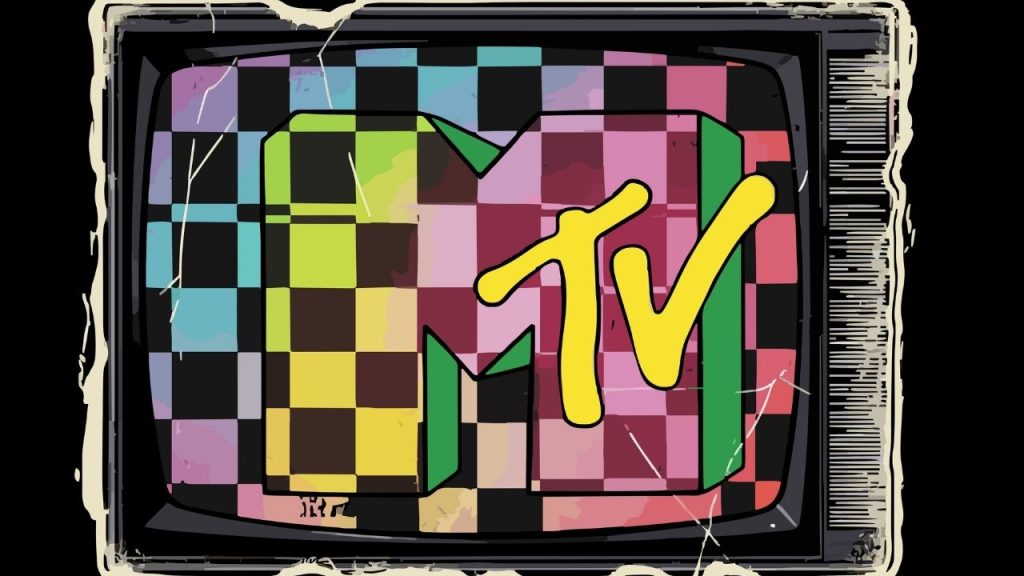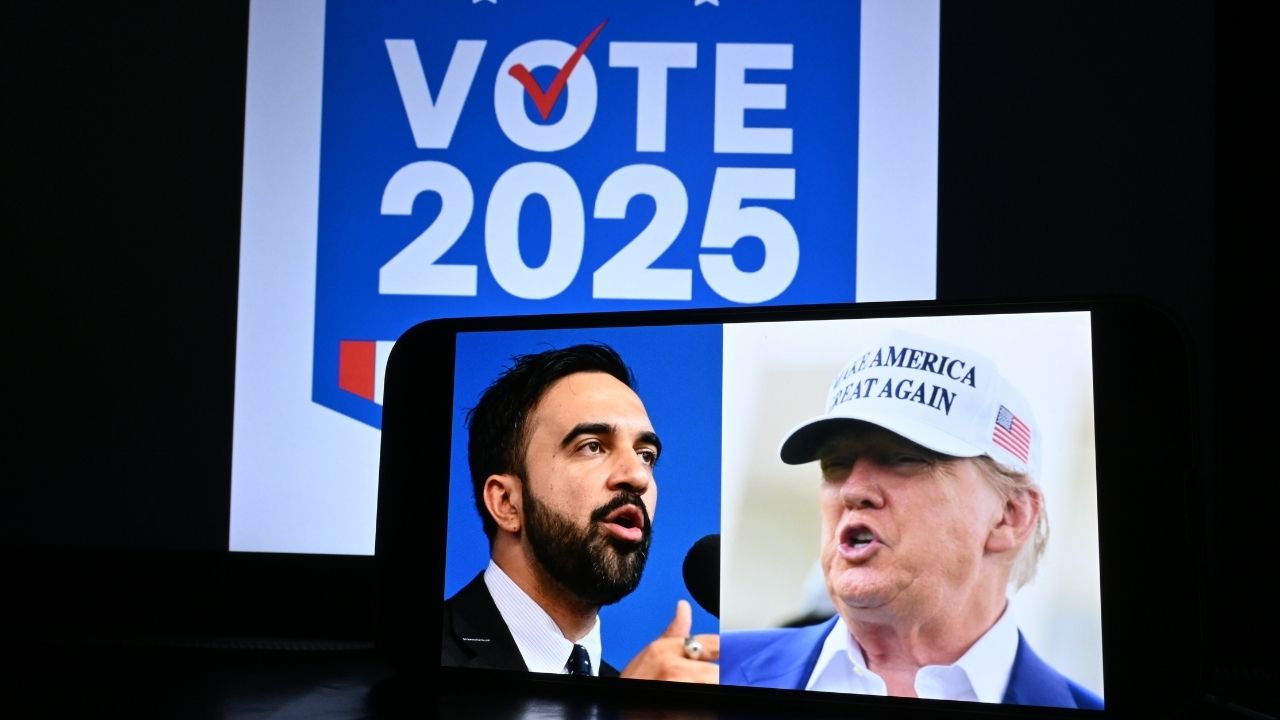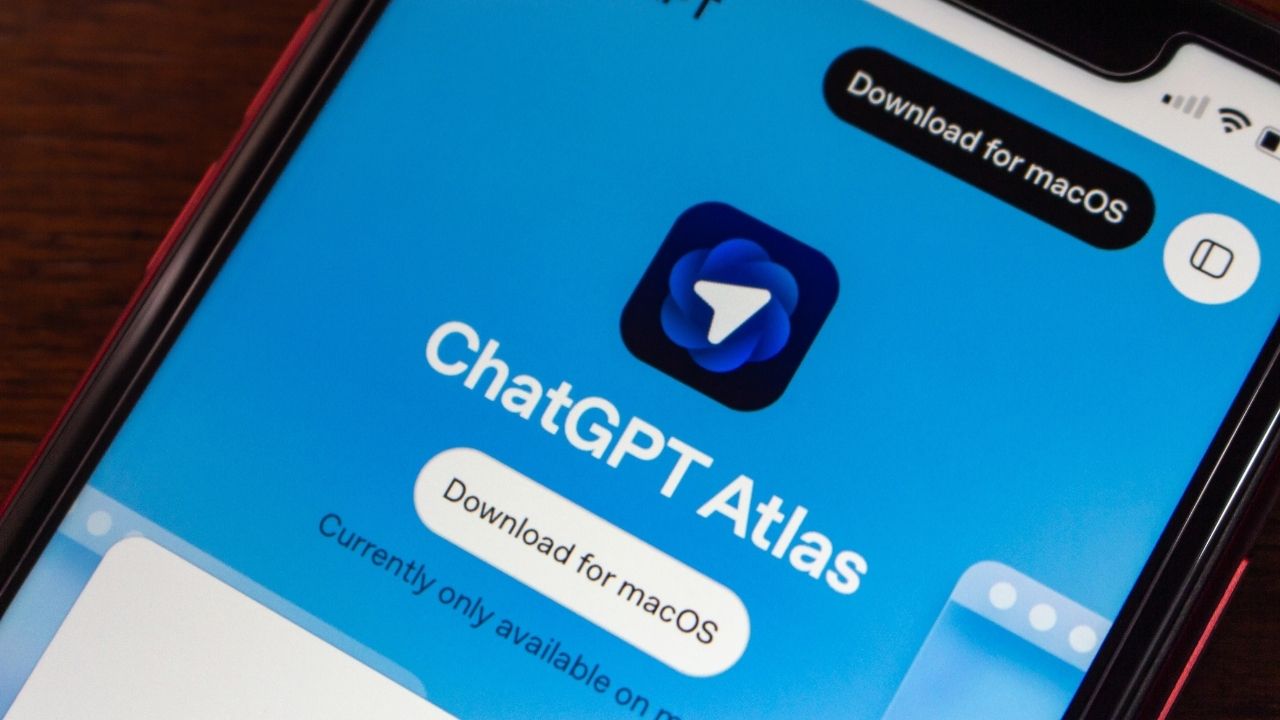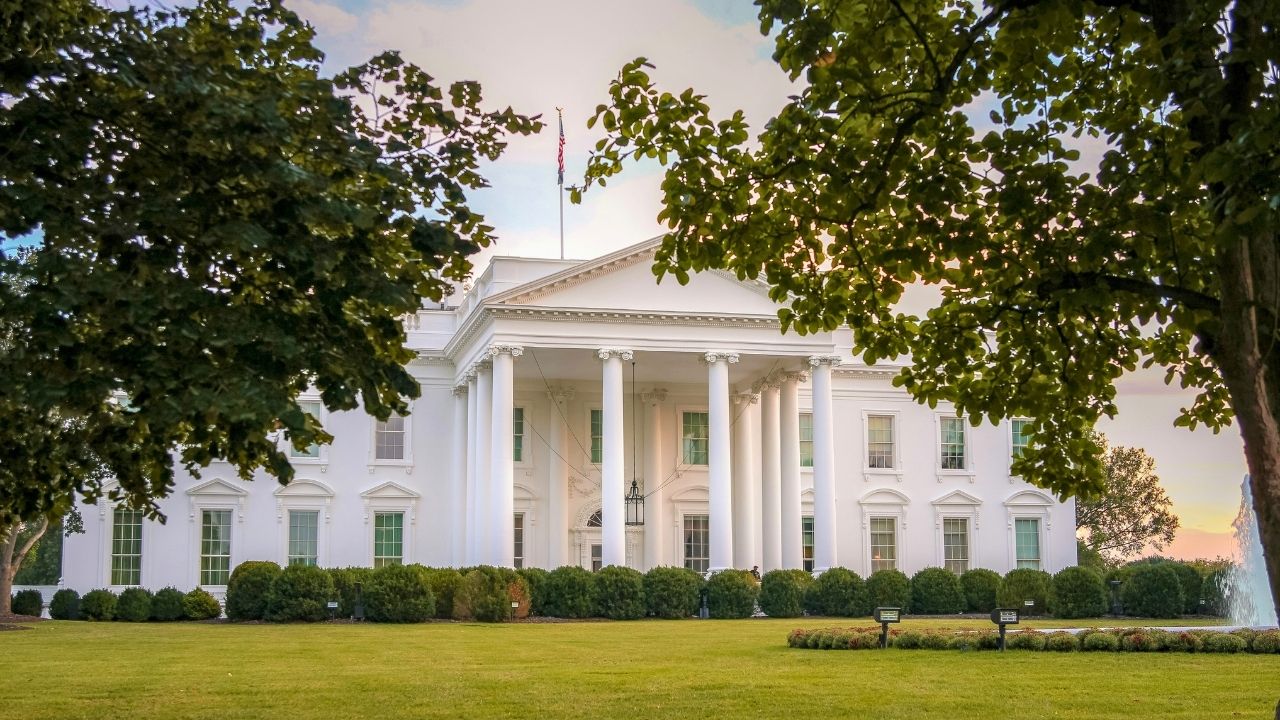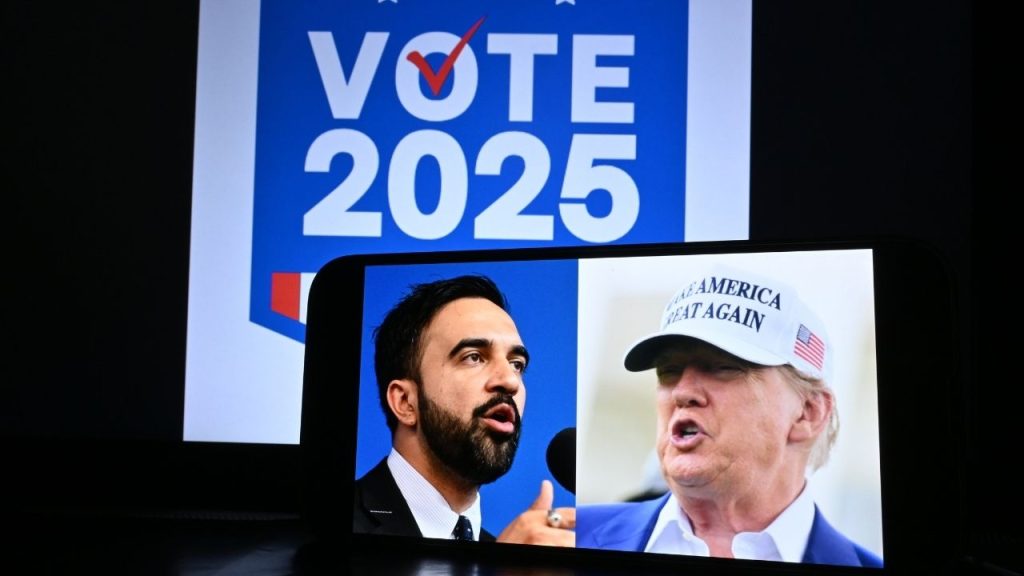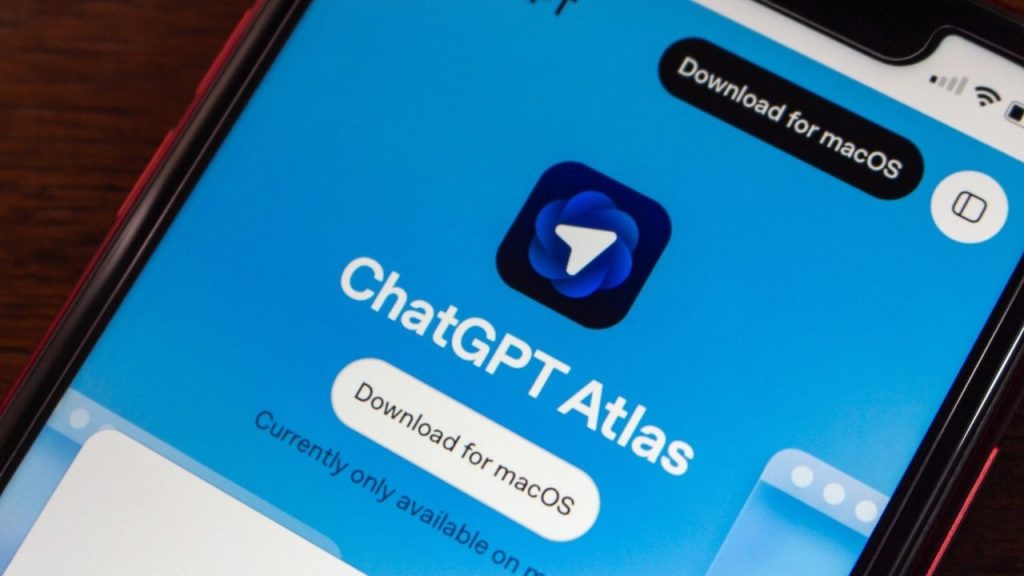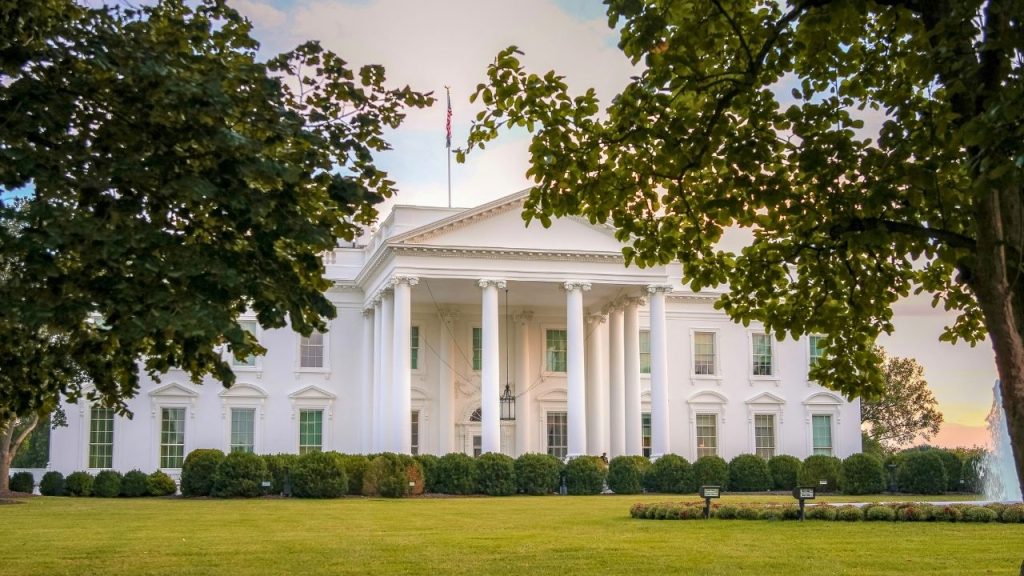For an entire generation, music wasn’t just background noise. It was a culture, a lifestyle, and often, a community. That culture had a home called MTV.
Now, as the network prepares to shut down five of its music-centered channels in the UK and other international markets on December 31, 2025, including MTV Music, MTV 80s, MTV 90s, Club MTV, and MTV Live, it feels personal to some. The move signals the fading of a cultural institution that defined what it meant to grow up in the 1990s and early 2000s.
Importantly, MTV in the United States is not going anywhere for now. The flagship channel and its reality-driven spinoffs will remain on the air.
But for those who remember when the network’s identity revolved around music videos, countdown shows, and cultural flashpoints, the international closures feel like another reminder that the MTV they grew up with is already gone.
The Channel That Raised A Generation
In the 90s, MTV was the place where teens discovered music before algorithms and playlists.
It was where grunge first hit mainstream television, where hip-hop’s golden era collided with suburban living rooms, and where pop icons were created almost overnight.
Generations remember rushing home to catch TRL with Carson Daly, watching bands like NSYNC, Britney Spears, or Linkin Park climb the countdown. For many, it was the first glimpse of a music industry that felt larger than life.
Growing up during that time meant music was communal. Friends debated who deserved the top spot on TRL or stayed up late to watch the MTV Video Music Awards, an annual event that delivered jaw-dropping performances.
Think Madonna kissing Britney and Christina, or Eminem leading hundreds of look-alikes into Radio City Music Hall. These were moments that became Monday-morning conversations at school, shaping not only musical tastes but also social identity.
Music Wasn’t Instantly Accessible, and That Made It Magic
The MTV shutdown announcement highlights how dramatically the music industry has changed. In the 90s, if someone missed a premiere, they had to wait for a rerun or hear about it secondhand.
Music wasn’t available on demand; it had to be caught live. That scarcity made it special. A taped VHS recording of a favorite music video or award show wasn’t just content. It was a cherished keepsake. It was a treasure.
Owning music also meant commitment. Collecting CDs and preserving jewel cases was part of the American music experience.
Today, technology has made music instantly accessible, but in doing so, it has erased the anticipation and ritual that once came with discovering new music.
A Generational Turning Point
The closure is symbolic. For Gen X and Millennials, it signals the fading of a pastime that was part of growing up.
It gave excitement to mornings while getting ready for school, structure to afternoons, and brought people together around the TV.
For today’s teens, music discovery is fragmented with TikTok snippets, YouTube algorithms, and Spotify recommendations.
They have constant access to everything but lack the conversations that begin with “Did you see that last night?” Conversations that once defined music culture for a generation in America.
MTV Was Never Just About Watching TV
The nostalgia we feel isn’t about longing for the past, but recognizing what it once represented to a generation.
MTV was known as a place for creativity, rebellion, and connection. Although it wasn’t perfect, it shaped generations in ways streaming platforms just can’t replicate.
For anyone who grew up with the network, the shutdown news is a reminder of childhood bedrooms plastered with posters, mixtapes, and long conversations about their favorite music videos.
MTV’s departure from international airwaves isn’t just an industry shift. It’s a nostalgic reminder of a time when music was more than content. It was the soundtrack to growing up.
Photo Credit: MTV Logo Estúdio Encantarte/Adobe Stock
